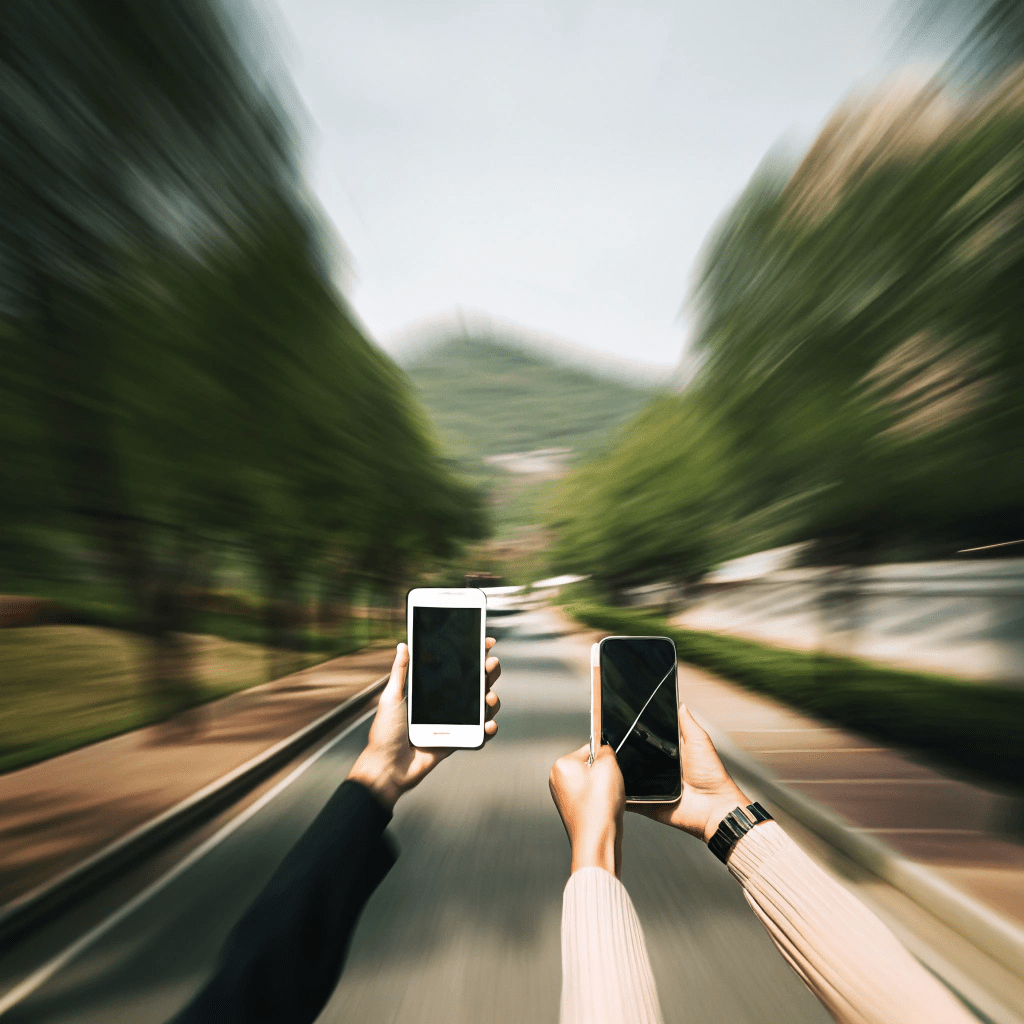Imagine a world where every moment is filled with a continuous stream of information, like an endless rain of numbers, words, and images. We live in this world, and every day we face a challenge: how to preserve our humanity without giving up the benefits of technological progress? This is what renowned researcher Nicholas Carr contemplates in his bestselling and Pulitzer Prize finalist book about the internet’s impact on the human brain.
An Unexpected Discovery: What Happens When We Turn Off Our Gadgets
“When people suddenly find themselves without a phone or computer, they initially panic,” Carr shares. “But after a couple of days, an amazing transformation occurs – they begin to feel relief and realize that many of their anxieties were exaggerated.” It’s similar to someone who has been in a noisy room for a long time stepping outside and hearing birdsong for the first time in ages.
Brain Plasticity: Blessing or Curse?
Our brain has an amazing ability to adapt. Like water taking the shape of its container, our thinking adapts to the rhythm of digital life. Scientists call this property neuroplasticity. On one hand, it allows us to master new technologies and handle increasing information flows. On the other hand, constant interruptions and multitasking can weaken our ability for deep, contemplative thinking.
The Dopamine Trap of Modern Times
“The internet appeals to our most primitive instincts,” Carr explains. “When we receive new information, there’s a release of dopamine – the pleasure chemical.” This is why it’s so difficult to tear ourselves away from endless news feeds or social networks. We become like gold prospectors who can’t stop, hoping the next pan of sand will bring the long-awaited nugget.
Digital Detox: Myth or Necessity?
Research shows that even a short break from digital devices can significantly change brain function. Just one day without gadgets can be a breath of fresh air for a mind exhausted by information noise. However, completely abandoning technology in the modern world is practically impossible – it’s like trying to swim against the current in a turbulent river.
Disturbing Symptoms of the Digital Age
Statistics show that the average person checks their smartphone about a hundred times a day. It’s like a nervous tic of modernity – the constant urge to check email, social media messages, news, and stock quotes. Add to this the endless notifications and constantly popping up links, and you get a picture of a continuous information storm.
The Path to Recovery
But there’s good news – our brain has an amazing ability to recover. If we consciously train mindfulness and allocate time for quiet reflection, we can regain our ability for deep thinking. It’s like an overgrown garden – it will take time and effort to clear the paths, but the result is worth it.
Practical Steps Toward Digital Balance
Experts suggest starting with simple steps:
- Turn off your phone during meals, making it a moment of mindful presence
- Read paper books before bed instead of browsing social media
- Walk without headphones, allowing yourself to hear the world around you
- Set specific hours for checking email and messages instead of doing it constantly
Future Technology: Friend or Foe?
“You can live in the real world and use modern technology,” Carr emphasizes. “The important thing is not to disrupt the balance, so that internet chaos doesn’t crowd everything else out of our lives.” It’s like the art of an equilibrist – finding the balance point between progress and preserving humanity.
Towards a New Understanding of Kindness
Ultimately, perhaps this is what true kindness to oneself and others means – learning to use technological advances in ways that enrich our lives rather than impoverish them. It’s like learning to use fire not for destruction but for creation, turning a potentially dangerous element into a tool for development.
The challenge of the digital age isn’t about rejecting technology, but learning to live with it in harmony while maintaining our humanity and ability for deep thinking. And perhaps this is one of the most important tasks of our time – finding a path to techno-humanism, where progress serves humanity, not the other way around.



